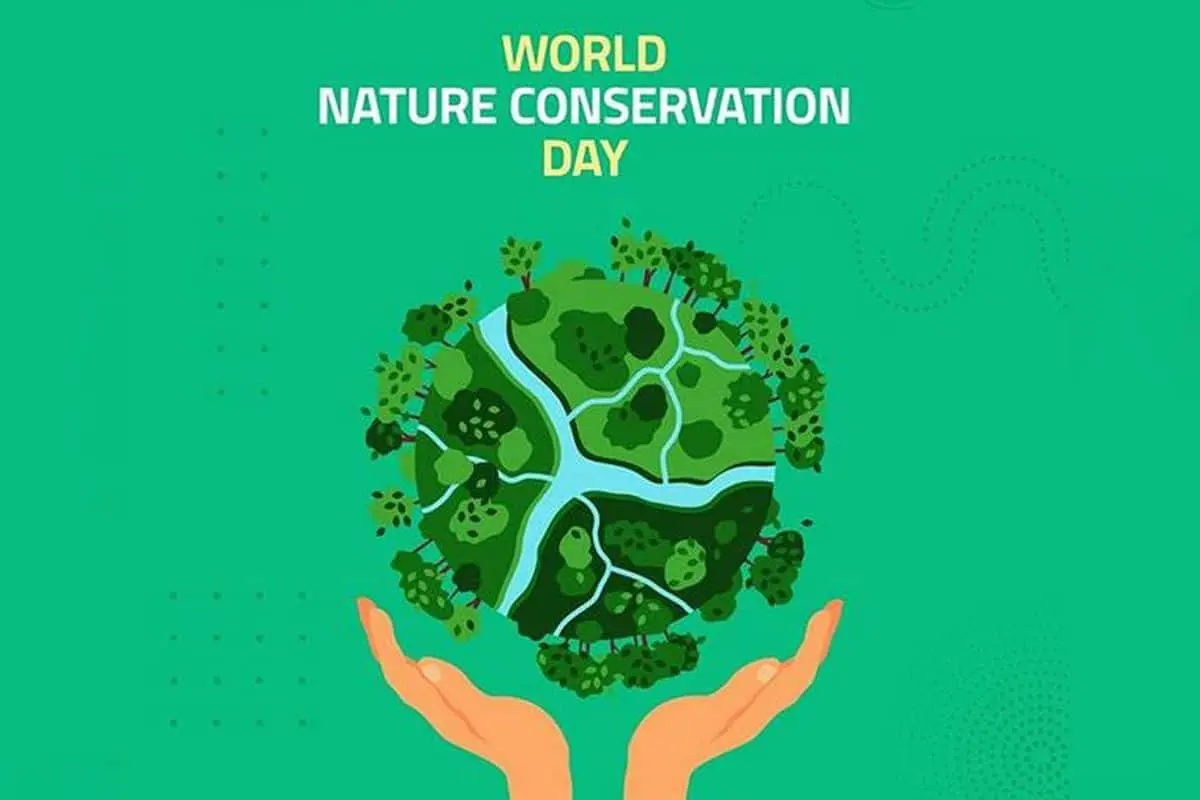World Nature Conservation Day, observed on July 28 every year, serves as a powerful reminder of our shared duty to preserve the environment and safeguard the Earth's natural resources. As the world faces increasing environmental challenges—such as climate change, deforestation, pollution, and species extinction—this day encourages us to reflect on the importance of sustainable living and responsible resource management.
Why Is Nature Conservation Important?
Nature provides us with everything we need to survive: clean air, fresh water, fertile soil, food, and shelter. However, due to human activities like overconsumption, industrial pollution, illegal wildlife trade, and habitat destruction, the delicate balance of nature is being disrupted.
Conserving nature means protecting these vital resources so that both present and future generations can enjoy a healthy, thriving planet. It also involves protecting biodiversity—the incredible variety of plant and animal life that keeps ecosystems functioning and resilient.
Goals of World Nature Conservation Day
This important day aims to:
-
Raise awareness about the urgency of protecting nature.
-
Promote sustainable practices in industries, agriculture, and daily life.
-
Encourage environmental education and responsible behavior.
-
Inspire global and local action for conservation through reforestation, wildlife protection, and pollution control.
What Can We Do?
Everyone can contribute to conservation efforts, no matter how small the action may seem. Here are a few simple steps:
-
Reduce waste by using less plastic, recycling, and composting.
-
Conserve water and energy by turning off taps and lights when not in use.
-
Plant trees and support green spaces to improve air quality and biodiversity.
-
Say no to wildlife exploitation and avoid products made from endangered species.
-
Support and volunteer with conservation organizations and local clean-up drives.
-
Educate others about the importance of nature and sustainable living.
Global and Local Impact
Governments and organizations around the world are implementing environmental policies and conservation programs. From protecting national parks to restoring forests and oceans, these efforts are vital. But real change begins when individuals become aware and take responsibility for their actions.
Conclusion
World Nature Conservation Day reminds us that we are not separate from nature—we are a part of it. The choices we make today will shape the future of our planet. Whether it’s reducing plastic use, saving water, or planting a tree, every action matters.
Let’s use this day as a turning point—to shift from harm to healing, from exploitation to protection. Our planet depends on it.

